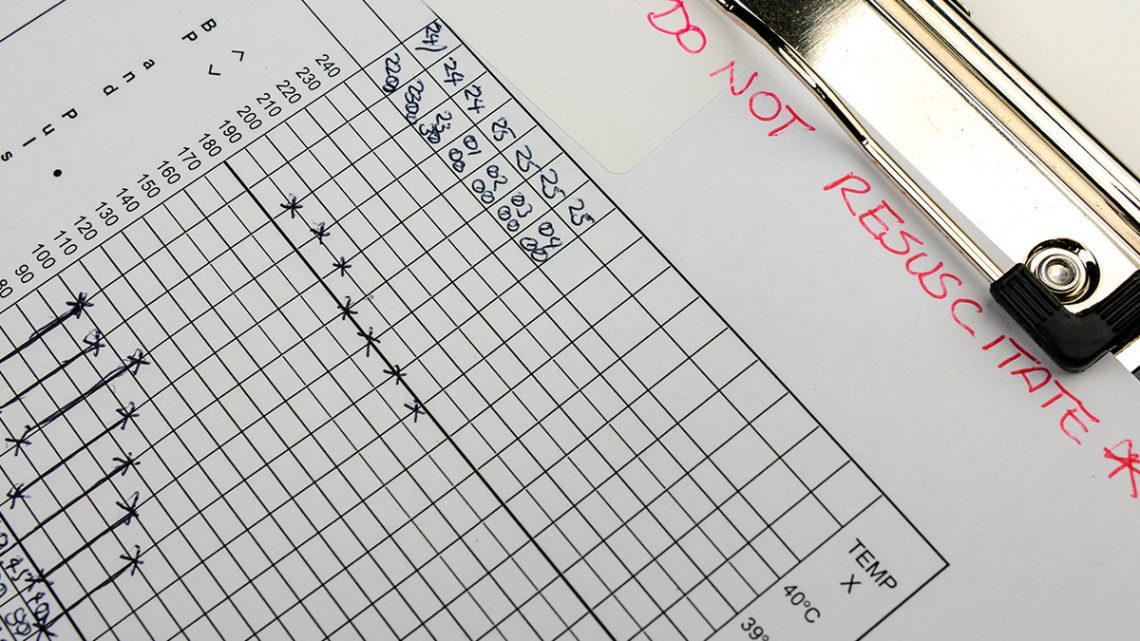Image credit: CBCEW
Bishop Richard Moth, Chair of the Bishops’ Conference Department for Social Justice, has issued a statement expressing distress that people with learning disabilities have been given Do Not Attempt Cardiopulmonary Resuscitation (DNACPR) orders during the second wave of the Covid-19 pandemic.
+++
We were distressed to learn this weekend of reports, from MENCAP which reiterated the statement of the Care Quality Commission in December 2020, that people with learning disabilities have been given Do Not Attempt Cardiopulmonary Resuscitation (DNACPR) orders during the second wave of the Covid-19 pandemic.
In a time when we are being given so much hope by the efficient roll-out of the vaccination programme, it is shocking to hear that people with learning disabilities are being made the victims of such discrimination. Their carers have shown deep love and compassion during the pandemic to ensure that they are as safe as possible.
All human life is endowed with equal God-given dignity from the moment of conception until natural death. Our worth as humans should never be determined by the status of our mental health or capacity. Pope Francis recently said, ‘If we deprive the weakest among us of the right to life, how can we effectively guarantee respect for every other right?’ It is wholly unacceptable and immoral to suggest that the challenges which some people with learning disabilities face with communicating symptoms should make them candidates for a DNACPR order.
Furthermore, the issuing of such orders in a blanket fashion ignores the unique gift of each person, instead treating people with learning disabilities as though they were all the same. There should be no discrimination of this kind in our health service.
We present Pope Francis’s question above to those making the decisions to issue blanket DNACPR orders for people with learning disabilities. We renew the call made by the Catholic Bishops of England and Wales in April 2020 for access to treatment and decisions about the care of the sick to be always focused on the specific needs of the individual, and for any conversations about these decisions to involve close and clear communication with the sick and their loved ones.
The bishops continue to pray for an end to the pandemic, for fair and person-centred access to treatment, and for those working tirelessly on the front line to fight the Covid-19 pandemic.
Bishop Richard Moth
Bishop of Arundel and Brighton
Chair, Department for Social Justice
Source: CBCEW

